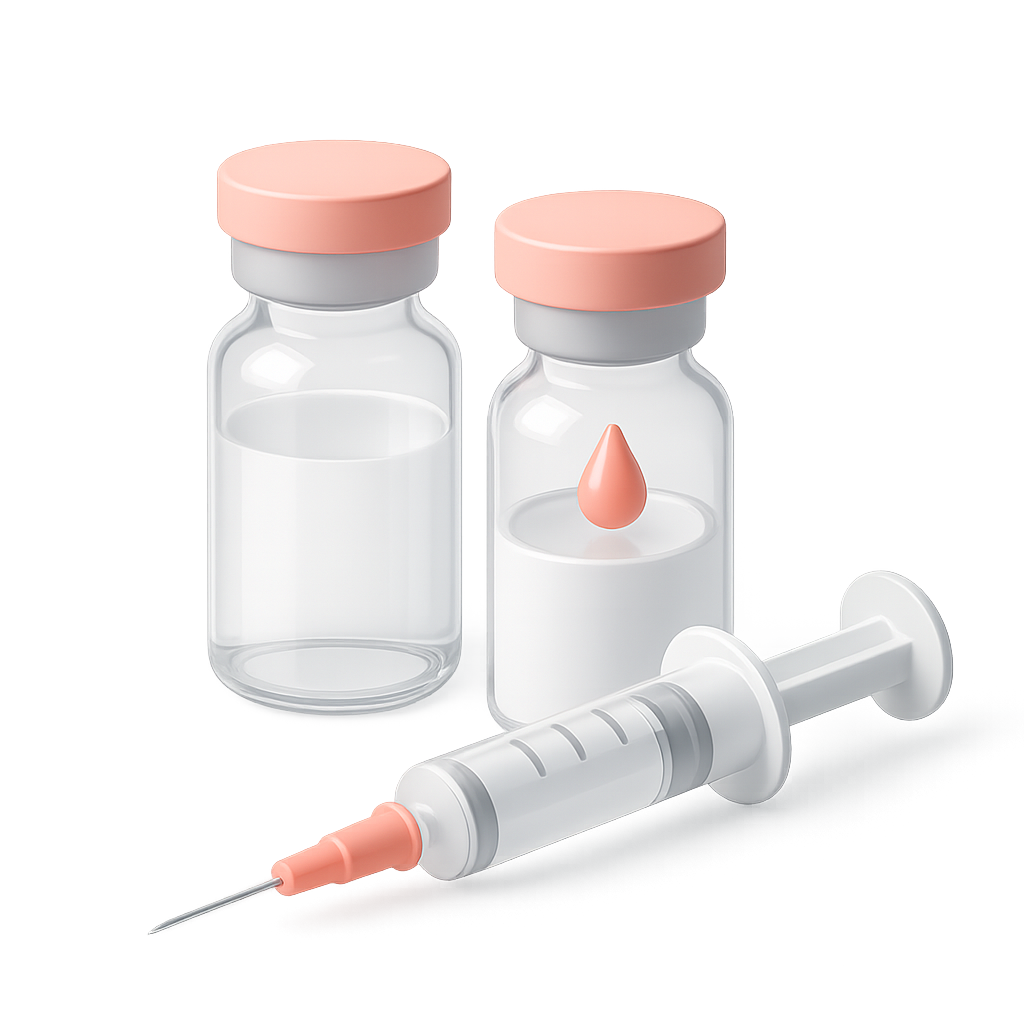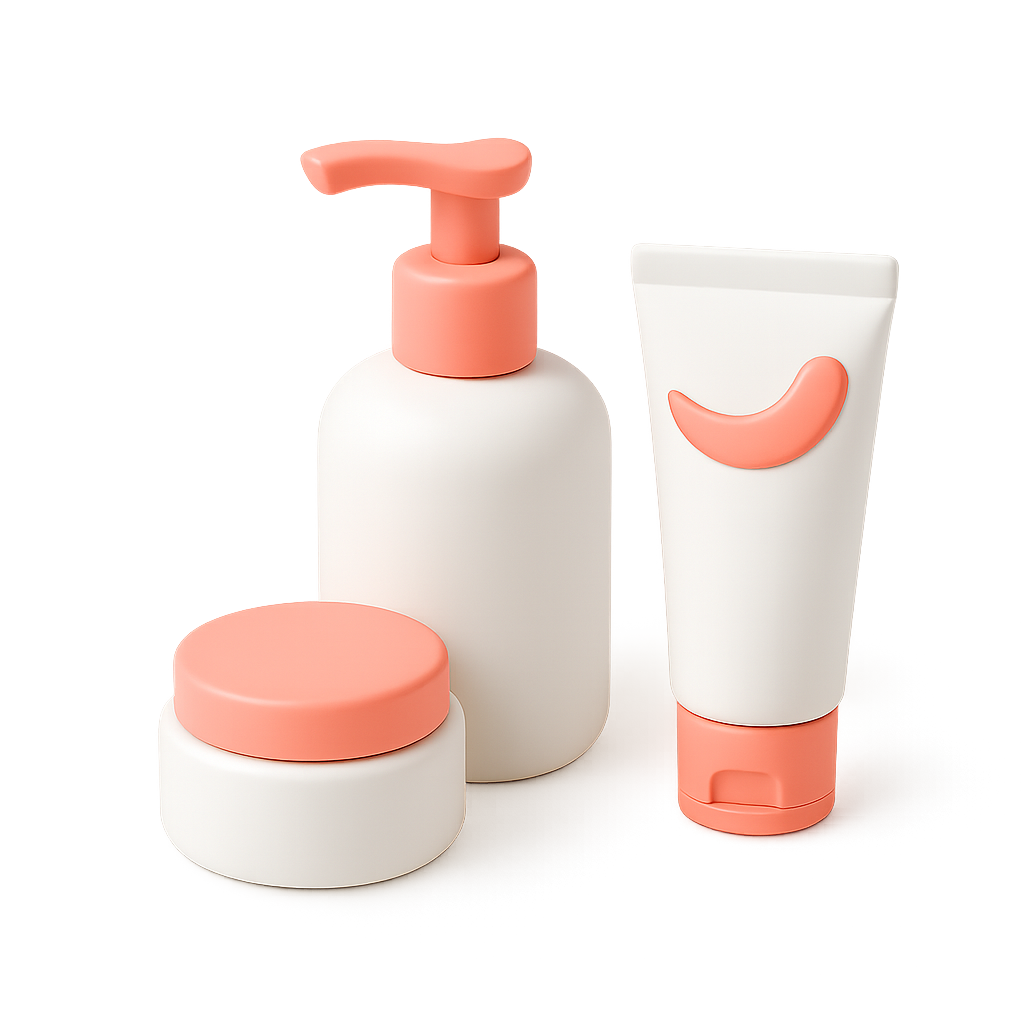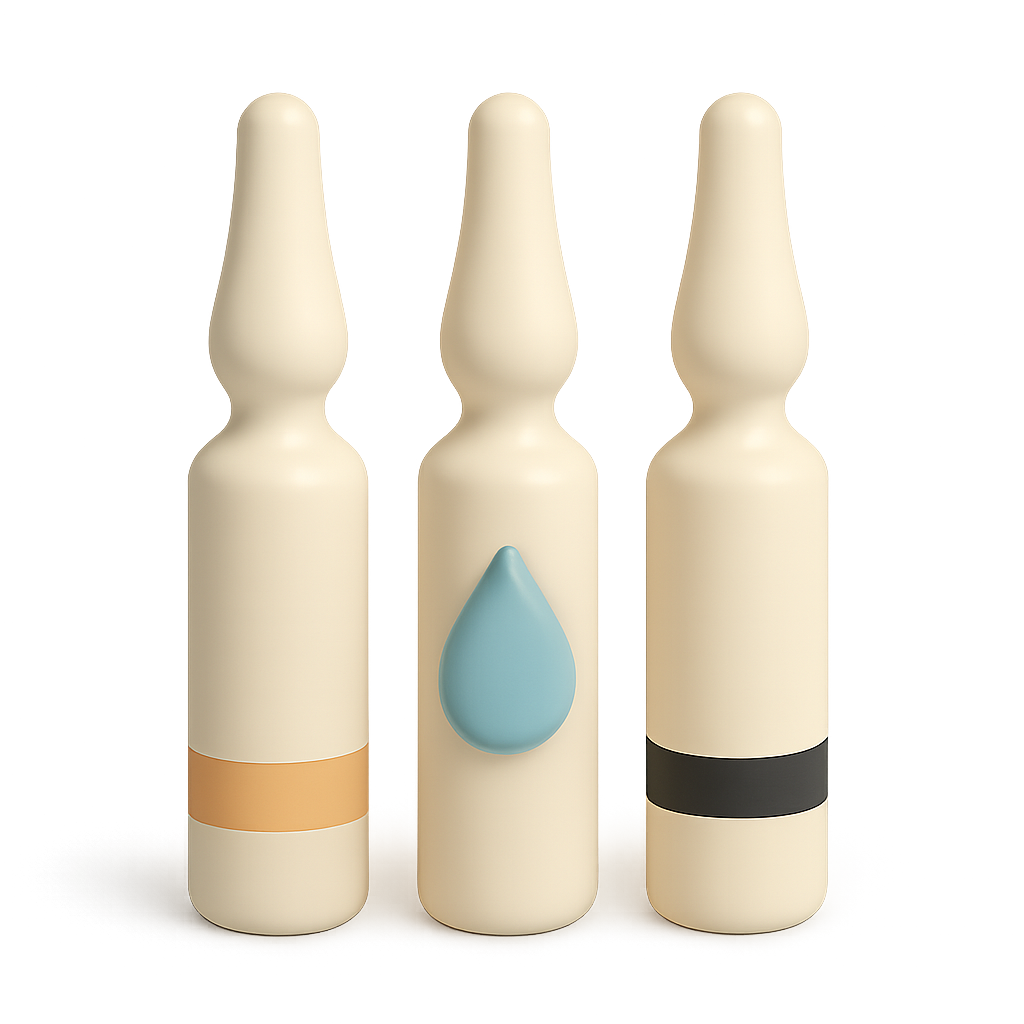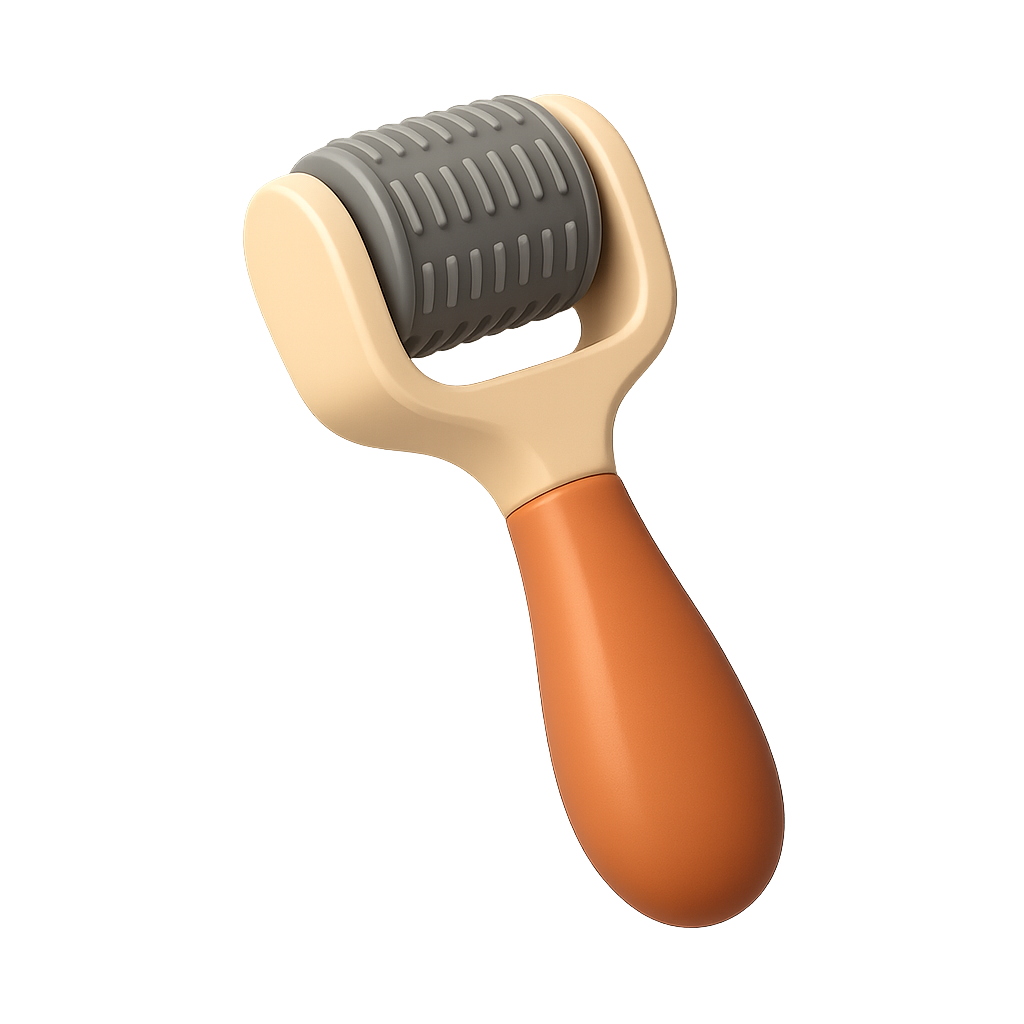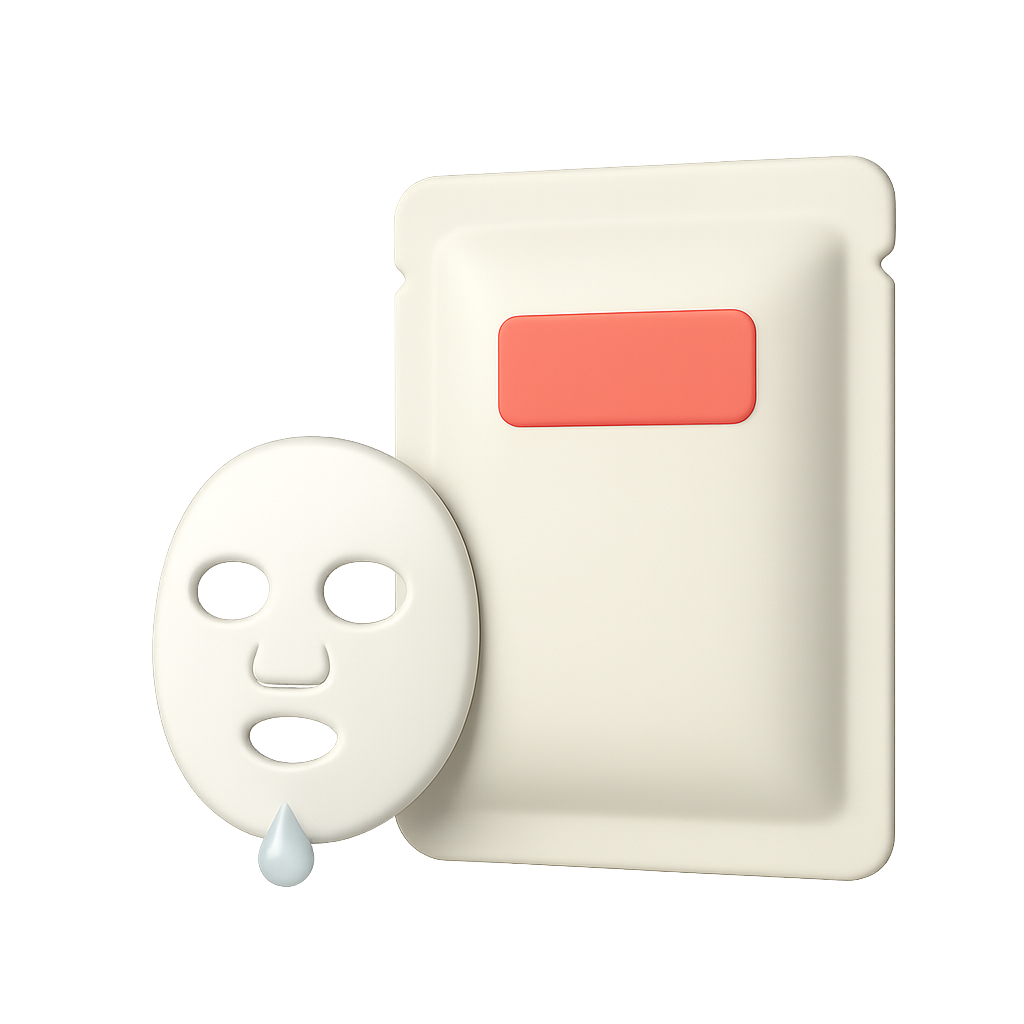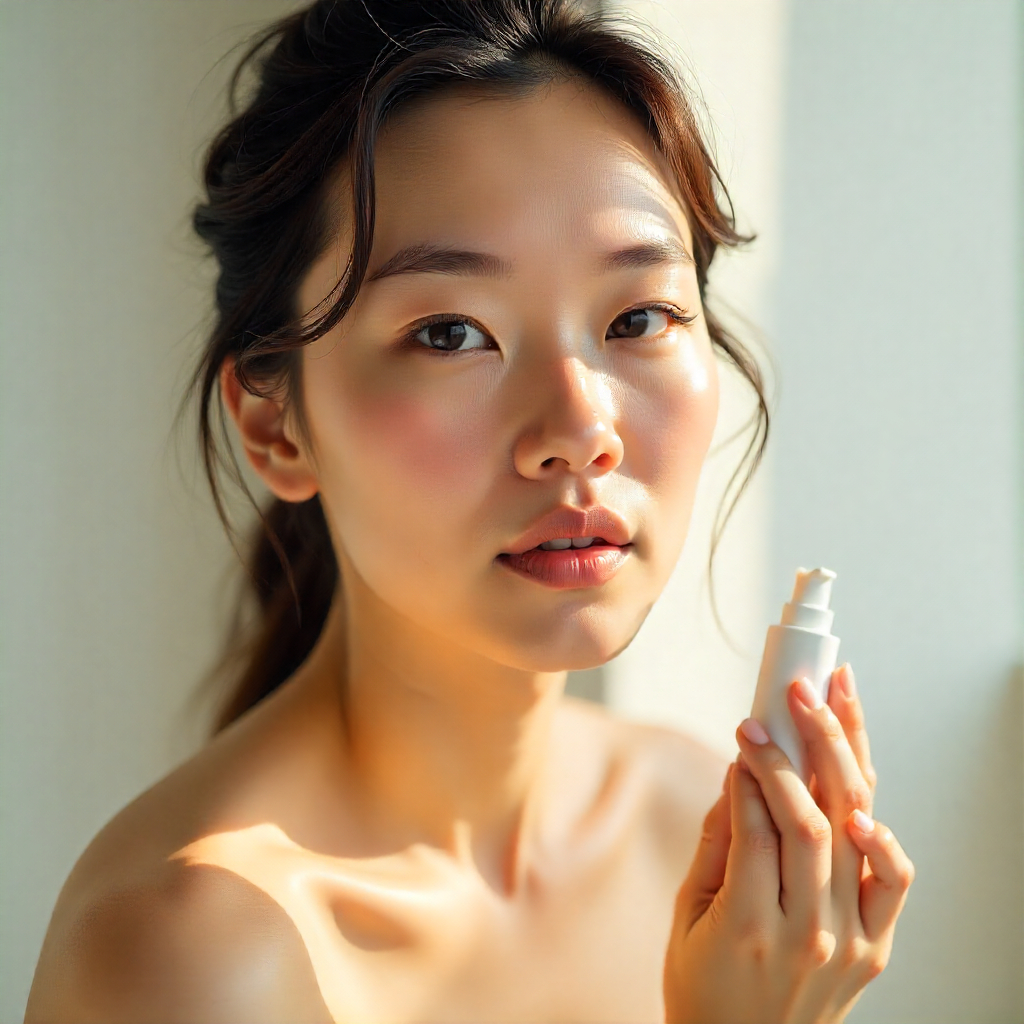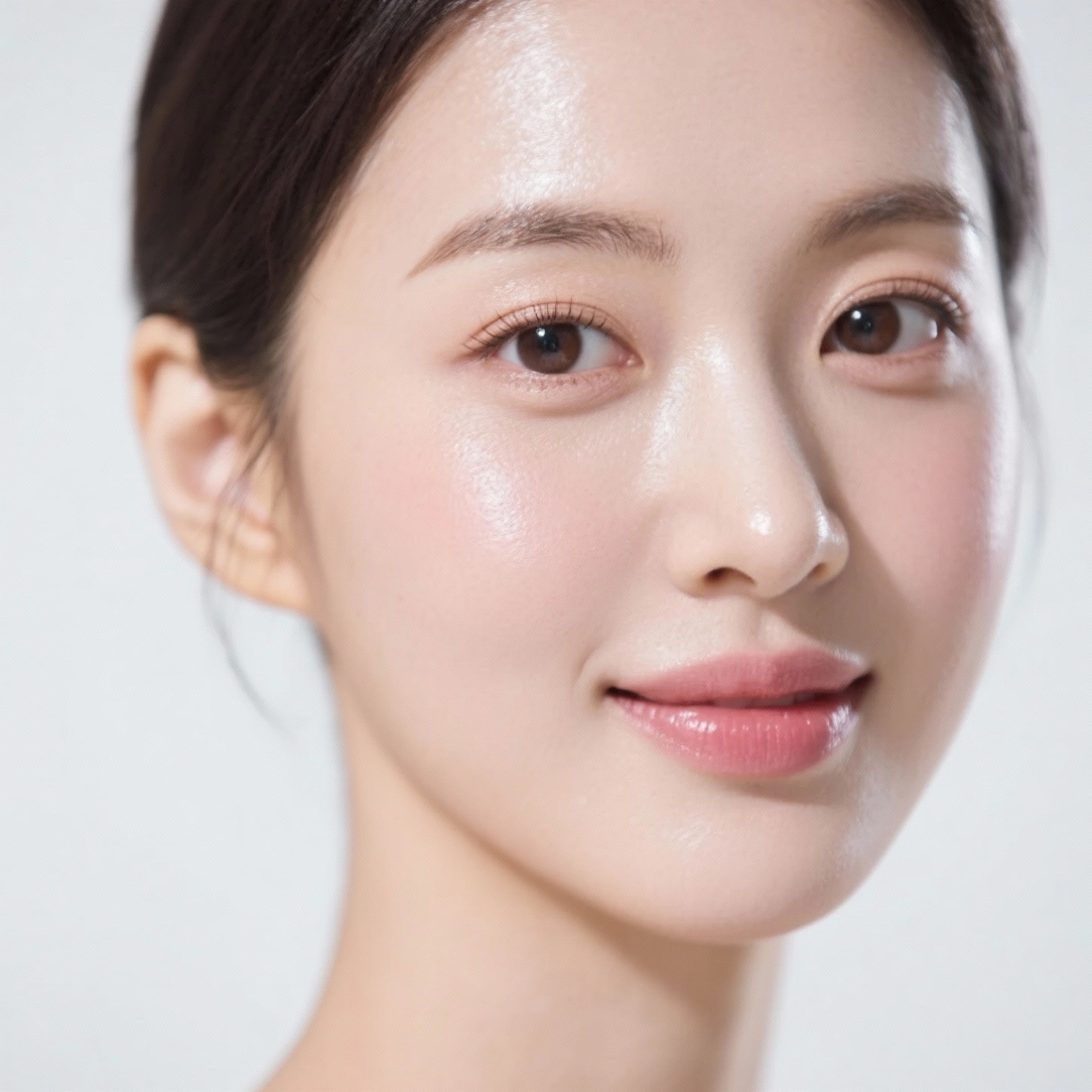Blog
K-Beauty Insights for Overseas Clinicians: HA Fillers and PN/PDRN Skin Boosters—Let the Numbers Speak

Korean aesthetic medicine hasn’t grown on trends alone. Strict regulation, advances in manufacturing, and accumulating clinical evidence have made K-Beauty a global “standard option.” In Korea, medical devices such as HA fillers are reviewed by class; devices requiring clinical data are authorized by the MFDS, implying systematic quality and safety verification across manufacturing and import.

1) HA Fillers: From Rheology to Safety—Toward Predictable Outcomes
- Evidence of efficacy: Multiple clinical studies report significant improvements in skin hydration, elasticity, radiance, and texture with injectable HA.
- Safety profile: Common AEs include erythema, edema, and bruising; vascular events are rare but serious. Anatomy-aware technique, depth/plane control, vascular avoidance, and readiness with hyaluronidase are essential risk mitigations.
- Manufacturing matters: Monophasic vs biphasic structure, cross-linker type/density, and particle architecture shift rheology (e.g., modulus, cohesiveness), directly steering product selection by indication/site.
- Quality framework: In Korea, HA fillers enter the market through MFDS authorization/review, forming a baseline of quality assurance.
2) PN/PDRN Skin Boosters: Regenerative Mechanisms and Updated Evidence
- Mechanism: PN/PDRN help create a regenerative milieu via fibroblast activation, pro-angiogenic effects, and inflammation modulation.
- Clinical evidence: Recent reviews—including some RCT data—summarize meaningful improvements in wrinkles, elasticity, and texture with PN/PDRN injections.
- Not all “meso” is equal: Unlike poorly defined cocktails, well-specified single agents/skin boosters (clear composition, concentration, and schedule) show more consistent outcomes.
3) Why “Made in Korea”: Trust Signals from Manufacturing, Regulation, and Exports
- Export indicators: Korean cosmetics/aesthetic exports have hit record levels, indicating sustained global demand and market trust in value for quality.
- Regulatory evolution: MFDS consultation and guidance for innovative products have been updated, expanding the review ecosystem to combination and novel technologies.
4) Practical Tips: Standardized Protocols for Reproducible Results
Match product to indication/site:
- Contour/volume: high-elastic/high-viscoelastic HA
- Superficial/texture: lower-viscosity HA, PN/HA boosters
- Sensitive zones: avoid danger areas; consider cannula/low-pressure delivery
Complication readiness:
- Keep an algorithm and hyaluronidase at hand for vascular events
- Screen allergy history; maintain an anaphylaxis kit
Standardize schedules & metrics:
- Standardized photography, biophysical measures, and PROMs
- For PN/boosters, start with 3–4 sessions at 3–4-week intervals plus maintenance, then tailor to skin type/history
5) Summary: Choose by the Triangle—Rheology, Regeneration, and Regulatory Trust
- HA fillers: strong for structural changes (volume/contour)
- PN/PDRN: focus on texture/regeneration
- Made in Korea: regulatory quality + global demand signals
- In-clinic: standardized protocols and complication readiness maximize reproducibility and safety
MFDS Device Authorization Overview:
https://www.mfds.go.krSkin-quality Improvements with HA (Review):
https://www.ncbi.nlm.nih.gov/pmc/articles/PMC10082573Longer-term Safety of HA Fillers:
https://www.ncbi.nlm.nih.gov/pmc/articles/PMC11288390Safe Use of Hyaluronidase:
https://jcadonline.comRecent Reviews on PN/Boosters:
https://www.ncbi.nlm.nih.gov/pmc/articles/PMC11311621Mechanisms & Clinical Data for PDRN/PN:
https://www.mdpi.com/2218-273X/15/1/148Manufacturing & Rheology of HA Fillers:
https://www.mdpi.com/2073-4360/16/19/2739K-Beauty Export Trends (News/Stats):
https://chemlinked.com , https://www.globalcosmeticsnews.com , https://koreabiomed.com , https://www.korea.net
